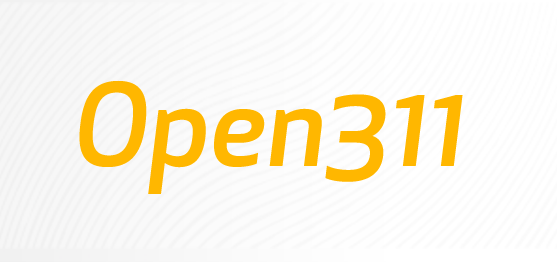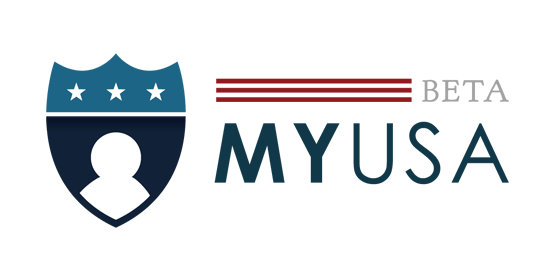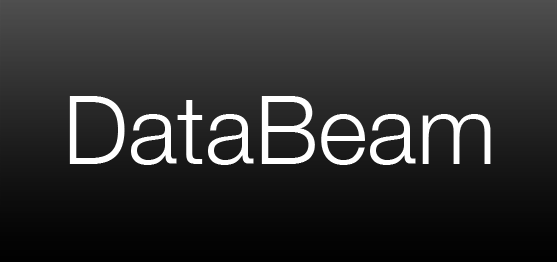Open311

Open311 is a universal way to report problems and ask questions in your city. In the past decade it has become increasingly common for city governments to provide a customer support service to make it easier for people to call with a question or a complaint. In many cases this emerged as an outgrowth of 911 services where too many people were calling about non-emergency issues, so a new phone number was created: 311. Many large cities in the US and Canada have the 311 number connected to their contact center and many other municipalities in North America and around the world use a different phone number for the same purpose. In fact, almost any well developed municipality in the world will have a similar system in place, but it might be limited to more basic communication channels for those who don’t have the luxury of a dedicated contact center.
As a technical standard, Open311 enables these interactions to occur over the web or with smartphones in a common way across all cities. This means that the same application someone in Toronto uses to interact with their city can also be used to interact with the City of San Francisco. More importantly, as the Open311 standard is adopted more broadly, people can come to expect a universal way of interacting with their city and not have to wonder which website to visit, which phone number to call, or which office to visit.
The current standard, Open311 GeoReport v2, is focused on helping people report problems in their city such as a broken streetlight or a pothole. People are also able to track the status of all of the problems that have been reported and get a sense of the overall health of their city. Open311 GeoReport is currently operational in over a dozen major cities in the world including Chicago, San Francisco, Toronto, Boston, and Bonn, Germany. As an open standard, Open311 has been implemented by many different companies and many different applications which enables a rich ecosystem of tools that all work together.
Learn more at open311.org
DemocracyMap

DemocracyMap is an initiative to help people connect with their local government and understand all the civic entities that represent a specific location. In the United States it can be very difficult to navigate or discover relevant civic information – particularly information associated with local government jurisdictions. This is true even on the most basic level. It’s challenging to know anything about what’s happening in your city council or community board if you don’t even know how to identify the city council district or community board that represents you. DemocracyMap works to solve this problem by establishing a standardized open dataset with contact information for every government body in the US. People can then find the information for their area by simply entering an address.
Currently, DemocracyMap provides primary contact information for every city, county, and state in the United States as well as contact information for all state and national legislators, all governors, all county officials, and over 100,000 municipal officials. DemocracyMap is still very much a work in progress, but a basic demo can be seen at api.democracymap.org/demo
Learn more at democracymap.org
MyUSA

MyUSA provides trusted authentication and personalized services through a variety of features that represent a person’s account, but it also offers a more unified experience for interactions across government with an embeddable toolbar that can be activated on any .gov website. By establishing a personal account people can more easily find the information and services that are relevant to them and they can reduce paperwork by having their account remember information they may need to submit over and over again.
At its core, MyUSA is aimed at improving the interactions people have with government, but it also acts as a platform that makes it easier for offices across government or even private companies to build new tools that support these goals.
Learn more at my.usa.gov
DataBeam

DataBeam allows non-developers to automatically generate and publish web APIs from the contents of database tables or CSV files. The APIs created provide complete queries against the dataset and each one includes fully interactive documentation.
Creating an API to access information within existing database tables can be time consuming when done on a case by case basis, but often little of the work needed to accomplish this is specific to the needs of the dataset. Furthermore, there is no simple application to stand up new APIs from an existing dataset. There are great robust systems like CKAN for large data catalogs, but there are no basic solutions that are as easy to install and start using in the way an application like WordPress is. DataBeam aims to fix this.
DataBeam acts as a middleware interface allowing users to interact with a database or uploaded CSV file as if it was a fully documented native API. This makes it unnecessary to create custom code for each dataset. As a simple PHP application, it’s incredibly easy to install. It’s designed as a multi-user platform to be shared across an organization, but it’s also simple and lightweight enough that it’s practical to install for the sole purpose of hosting one dataset as an API.
Learn more at databeam.org